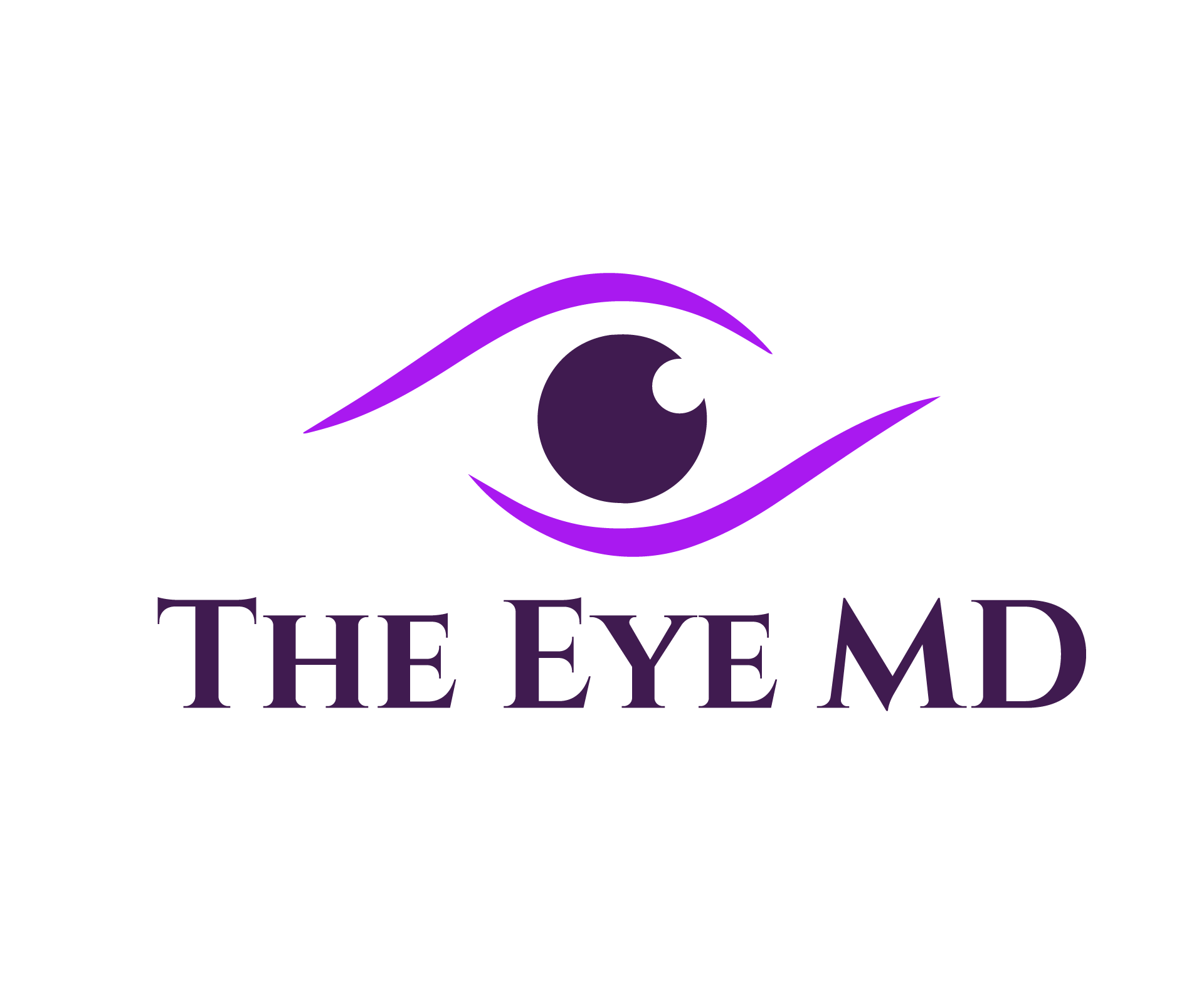Ophthalmologist vs Optometrist… Vision Insurance vs Medical Insurance… What’s the difference?
I get these questions often from patients so I will explain some differences here. Understand, however, that there is some overlap between scope of practice of optometrists and ophthalmologists which may vary by state.
An optometrist holds a Doctor of Optometry (OD) degree. To obtain this degree, they must complete 4 years of undergraduate education followed by 4 years of optometry school. They have the option to complete a 1-year residency program. They are skilled in prescribing glasses and contact lenses. They are also able to prescribe medications and manage some medical eye diseases.
An ophthalmologist holds a Doctor of Medicine (MD) degree. To obtain this degree, they must complete 4 years of undergraduate education followed by 4 years of medical school. Then they are required to complete a 1-year internship where they learn to treat diseases of the body followed by 3 years of ophthalmology residency where they learn medical, laser, and surgical correction of advanced eye diseases. They have the option to complete a 1-2 year fellowship to further specialize in specific diseases of the eye.
Another source of confusion is whether or not you should use vision insurance or medical insurance for eye doctor visits. Vision insurance (such as Davis Vision, EyeMed, VSP, etc) covers routine eye exams, glasses, and contact lenses. Vision insurance does not cover any other eye problems. If you have any medical eye conditions such as dry eye syndrome, glaucoma, or cataracts, or if you need screenings such as a Plaquenil screening exam or diabetic eye exam, you will need to use your medical insurance (i.e. Anthem, Cigna, Medicare, Medicaid).
Dr. Day is a comprehensive ophthalmologist and takes most major medical insurances. If you have any questions or if you would like to schedule an appointment, please contact us at 770-691-5176 or via email at info@theeyemd.com.
* This site is for information purposes only. Viewing this site, receipt of information contained on this site, or the transmission of information from or to this site does not constitute a physician-patient. The medical and/or nutritional information on this site is not intended to be a substitute for professional medical advice, diagnosis, or treatment. Always seek the advice of a physician or other qualified health provider with any questions you may have regarding a medical condition. Never disregard professional medical advice or delay seeking it because of something you have read on this site.
